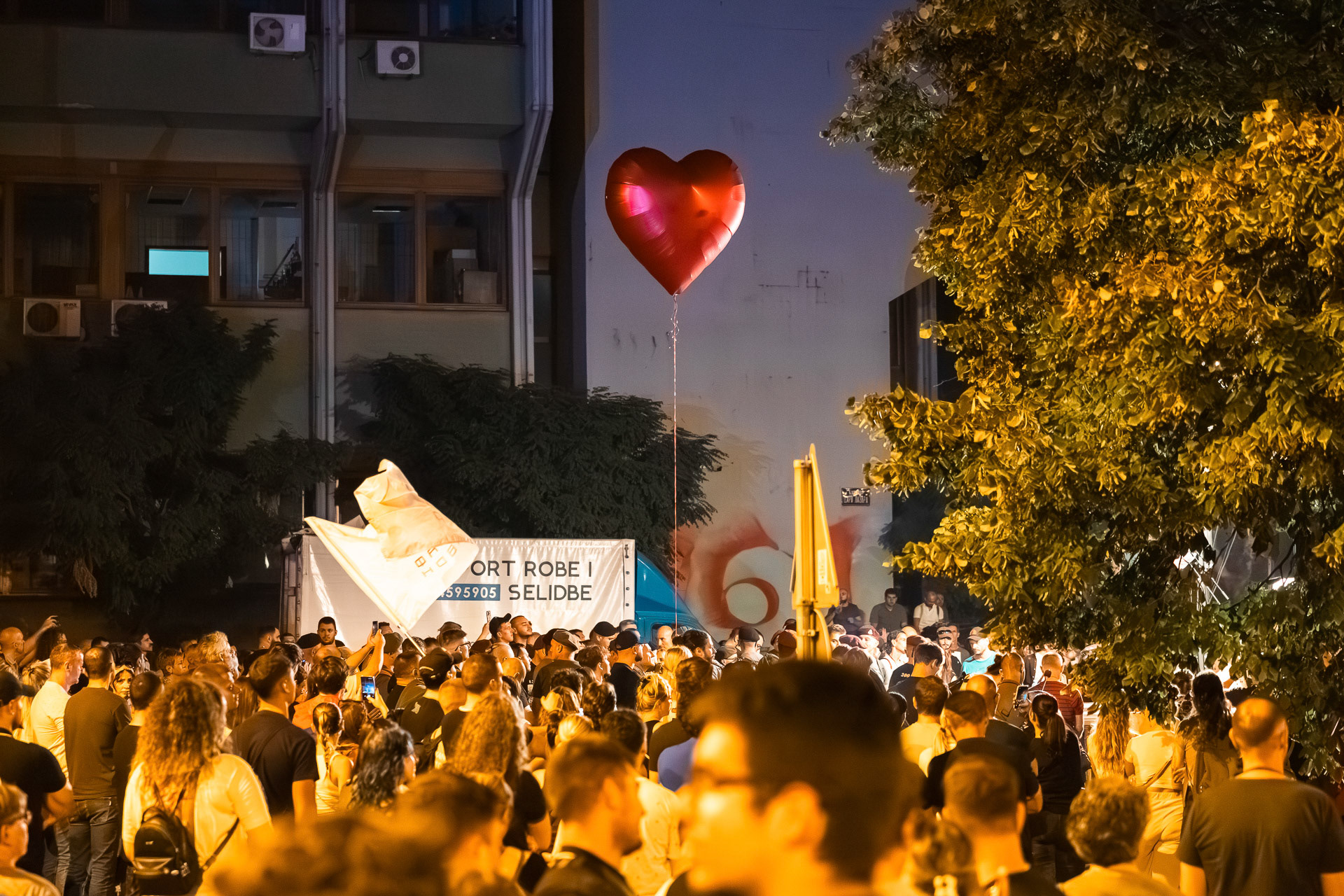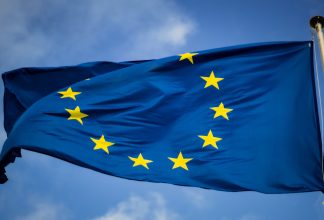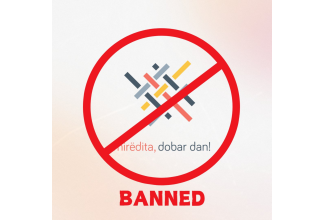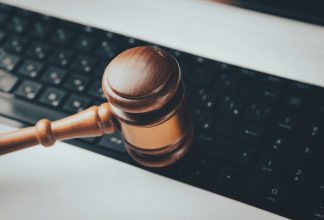One year of protests – hope is louder than fear

Saturday, 1 November, marks one year since the Novi Sad train station canopy collapse, which claimed 16 lives and left one person permanently disabled. The tragedy sparked student-led protests demanding justice and accountability. Protests, which have since grown into the largest protests in Serbia’s recent history, have spread from major cities to small, remote communities. What began as silent commemorations, one minute of silence for each victim, expanded into road blockades and city-to-city marches, bringing people from all walks of life into the movement.
In its quest for justice, students introduced new forms of peaceful activism to draw international attention, including a 1,400 km cycling journey from Novi Sad to Strasbourg and a 1,950 km relay ultramarathon from Novi Sad to Brussels. Through these actions, they sought to meet members of the European institutions and highlight what they describe as systemic governance failures, repression against peaceful protestors, and widespread corruption in Serbia, presenting their efforts as a call for accountability, institutional transparency, and the amplification of silenced voices.
How did the Government react?
The government and ruling party denied that the collapse reflected systemic failings and announced that legal action would proceed, yet no trial has started so far. Meanwhile, they described protests as being influenced by foreign powers labelling it as “colour revolution”. Instead of dialogue, officials targeted those supporting the protests – teachers and professors, civil society organisations, activists, media, farmers and small businesses. Punitive actions, including job losses, salary reductions and public harassment, all aim to silence dissent.
International human rights experts warn of a growing erosion of academic freedom, educational standards and university autonomy in Serbia. Students and professors who speak out face intimidation, restrictions on peaceful assembly, and, in some cases, the dismissal of teachers and professors from schools across the country.
Independent watchdogs have reported that Serbian authorities have employed surveillance tools, including spyware and mobile forensic technology, to monitor activists, journalists, and protesters without required judicial authorisation, raising concerns of unlawful spying and violations of privacy rights.
During the silent commemoration attended by over 300,000 people in Belgrade in March, an illegal sonic device was allegedly used, causing severe health consequences among participants. No independent investigation on the use of the weapon has taken place.
While the movement remained firmly peaceful, its tone sharpened in May when students added a new central demand: early elections. As the protests expanded, the state’s response grew more forceful: from June onward, there were reports of mass detentions, physical violence against students, and police failing to intervene when masked groups attacked demonstrators. Observers have warned that Serbia is seeing its first political prisoners in many years. Hundreds of protesters, including secondary-school students, were detained, and several required medical care. Independent monitors described the police response as “unlawful and excessive,” and serious allegations emerged of a female student being beaten and threatened with sexual violence by a police commander in Belgrade. A majority of these findings were included in the recently adopted resolution on Serbia by the European Parliament.
Way forward?
A recent poll shows that nearly two-thirds of Serbian citizens support calling early elections as a way out of the political crisis, while almost one-in-three voters for the ruling party agree with that step. If elections were held now, the student-backed protest list would lead with 44% support versus 32% for the ruling bloc. Support for the protests stands at 58%, while 39% oppose them.
The upcoming protest on 1 November in Novi Sad, planned as a commemoration, is expected to be peaceful and honourable. However, recent actions by ruling party representatives, pro-government groups, and media outlets seeking to intimidate citizens raise concerns about the safety of those attending.
We therefore call on the Serbian authorities to guarantee the security and safety of participants, refrain from the use of excessive force, and ensure that the right to peaceful assembly is fully respected.


